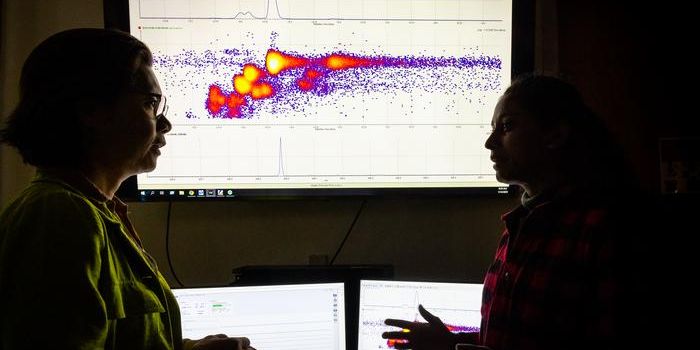A team of researchers at Harvard has made a revolutionary proposition to the world of molecular biology. They suggest that instead of continuing to use E. coli, the standby microbe of choice for routine laboratory work, biomedical research should instead start using Vibrio natriegens, nonsymbiotic bacteria that generates faster than any other known microbe useful for such techniques.
The researchers have obtained and
published the first complete Vibrio natriegens genomic sequence, as well as furnishing genetic techniques and methods for working with this microbe. While V. natriegens is part of the same genus as Vibrio cholerae, the bacterium behind cholera, there is no evidence that V. natriegens is harmful to people, the scientists say. It was not susceptible to the same conditions that cause other bacterium in the vibrio genus to produce cholera toxins.
This work was put forth in
bioRxiv, a free website backed by Cold Spring Harbor Laboratories that posts raw manuscripts online before they’ve been submitted to a journal. Still a new idea in itself, bioRxiv aims to give researchers an opportunity to disseminate research and get feedback before taking a lot of time to undergo a formal peer-review process (though submissions to the site are vetted by a team of experts prior to being posted).
The study makes the case that while E. coli has fulfilled its duty, the time consumed by growing the slow bacteria has made culturing it an impediment to research. Discovered more than 130 years ago, E. coli is a staple in the molecular lab, where it is used as a tool to facilitate experiments in fields ranging from microbiology to genetics. There are four strains that are commonly used, and all of them are no longer infectious to the human gut.
One of the study authors is Henry Lee, a Harvard geneticist who started as an electrical engineer. He was perturbed by the amount of time wasted while people waited for things to grow. “We use E. coli just because we know the most about it,” he says.
The team wants to encourage investigators to adopt their suggestions, and as such the publication is free and easy to access. They also developed a version of the CRISPR/Cas9 genome editing technology for use with this bacterium. “We want to develop tools that would make it a drop in, turn-key alternative for E. coli,” Lee explains.
Science News
asked biologist Richard Lenski, an expert in E. coli who works at the University of Michigan, East Lansing, for his opinion on this new organism. “I don't know whether most research and applications are really limited by rapid growth, once you're already down into the range where cultures easily replace themselves in a day,” he says. “But time will tell, and it will certainly be interesting to learn more about this organism.”
Sources:
Science News,
bioRxiv











